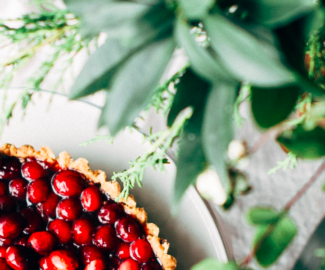
Have you experienced it? The post-alcohol anxiety, feeling unsettled, guilty or overwhelmed? There is a reason for this and a relationship between alcohol, neurotransmitters and alcohol.
Alcohol consumption boosts dopamine levels in the brain, the reward pathway or the dopamine pathway, is essentially overloaded and feelings of euphoria can occur. This can lead to repeated behaviour and seeking that dopamine rush again, which can amongst other factors lead to addiction.
Alcohol affects neurotransmitters, it slows the release of glutamate and increases the release of gamma-aminobutyric acid (GABA) and dopamine. The result is a mix of brain chemicals where some increases make you feel good and others enhance feelings of calm and often depression – all in all pretty damn confusing for the brain.
Glutamate can cause feelings of anxiety which is why alcohol can make us feel good as it decreases glutamate. Glutamate and GABA are at opposite ends of the see-saw, if there are high amounts of alcohol consumed there will be high amounts of GABA.
The issue with this is our bodies are super smart and constantly are trying to create balance, known as homeostasis. Due to the high GABA, the body will increase levels of glutamate which can result in anxiety.
This post-alcohol anxiety is often worse in shy people, people experiencing stress, MTHFR gene mutation and women in the luteal phase of their menstrual cycle.
If you are experiencing hangover anxiety it’s a great idea to eat unprocessed whole foods particularly food high in B vitamins (think vegetables, free-range eggs, fish, bananas, avocados and whole grains) as this helps minimise glutamate by helping it convert to GABA (the calming one). Avoid stimulants such as coffee, alcohol and sugar, get moving – head out for a walk or a gentle run, 5-10 minutes of diaphragmatic breathing and enjoy some sunshine.






Leave a Reply